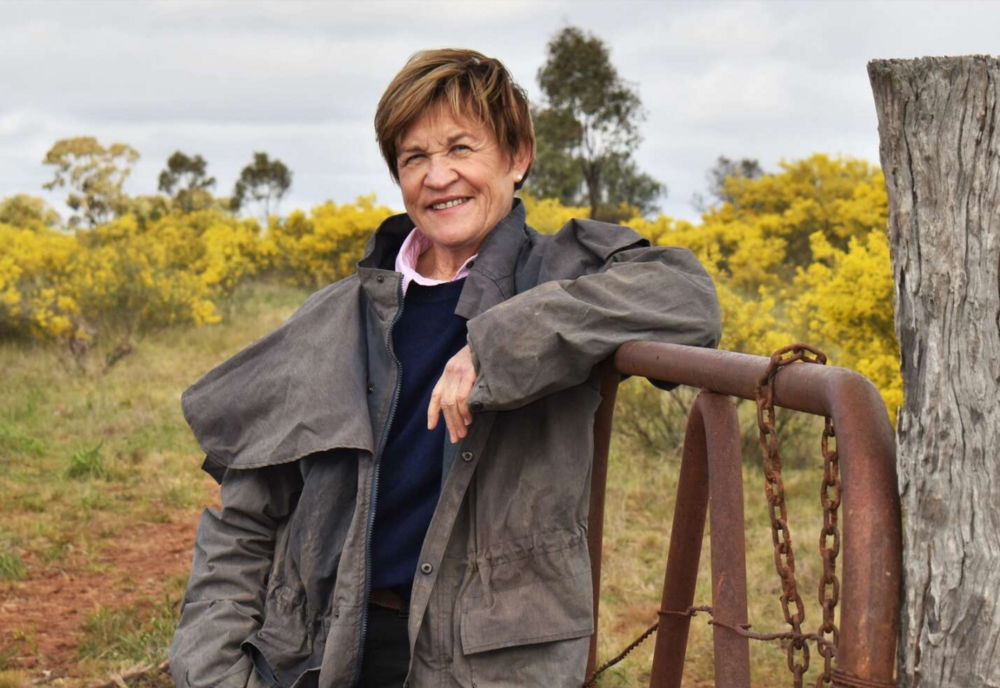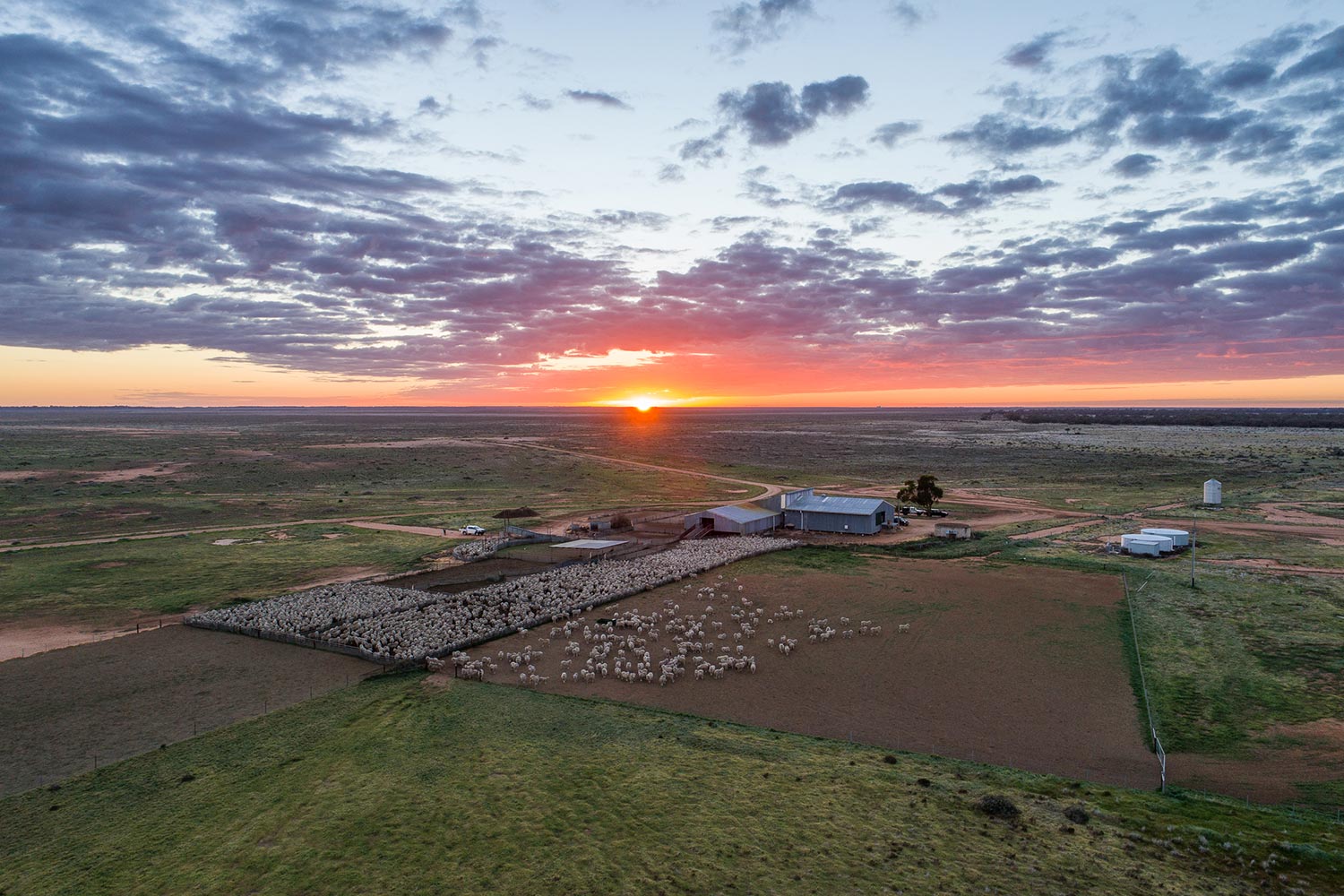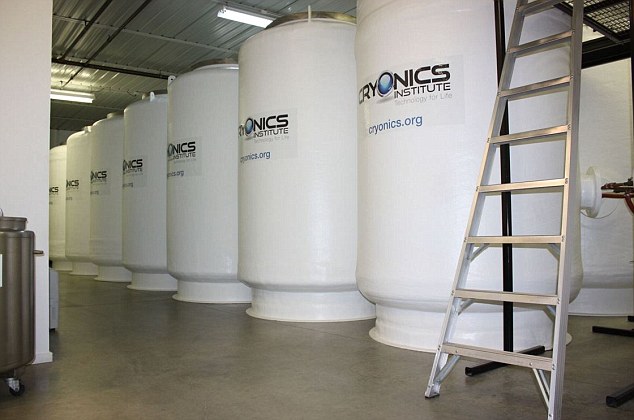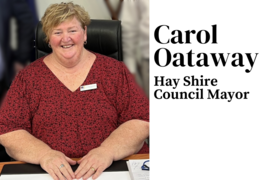Back Country's ICPA organisations perform well at national conference
Kimberly Grabham
02 August 2025, 8:00 PM
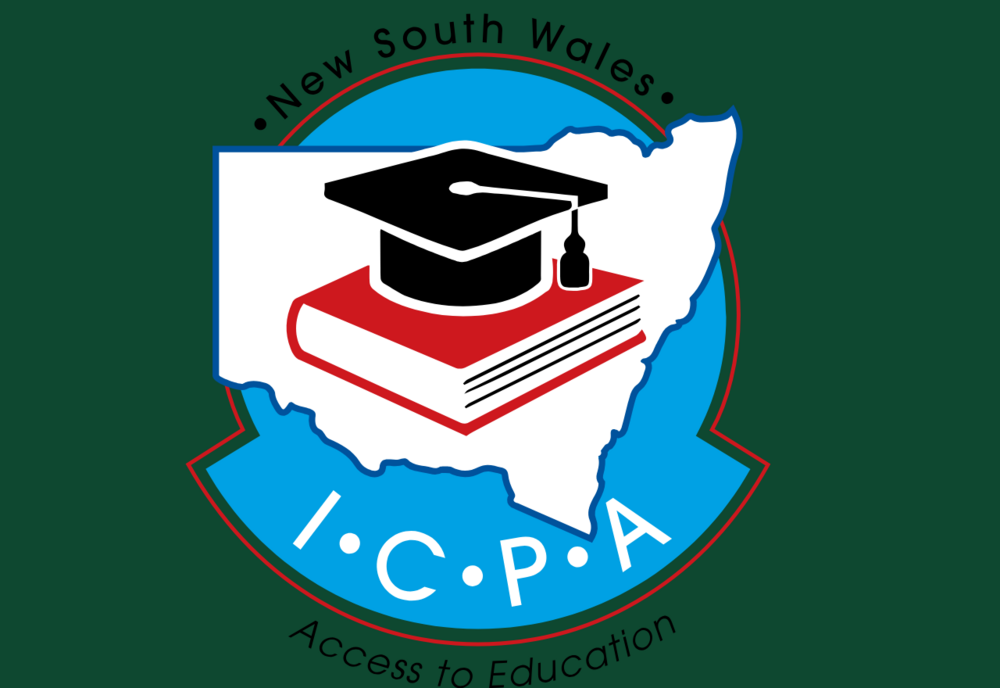
The 2025 ICPA (Isolated Children's Parents' Association) Federal Conference brought together passionate advocates from across Australia this week at Doltone House in Sydney, united by a common goal: securing equitable educational opportunities for rural and remote students.
With delegates representing every state and territory, the conference highlighted the ongoing challenges faced by geographically isolated families and the vital advocacy work needed to address educational disadvantage that affects some of Australia's most vulnerable student populations.
The Hay Branch demonstrated exceptional commitment to the cause, with four dedicated members volunteering their time to attend the two-day conference.
Delegates Pip Ryan, Carol Huggins, and Tess Blair represented their community's interests in the formal debates, whilst Sandra Ireson served on the conference convening committee with ICPA NSW Access to Education.
This level of regional participation reflects the grassroots nature of ICPA's work, where busy rural parents take time away from their farms, businesses, and families to fight for better educational outcomes for all isolated children.
Conference discussions were underpinned by sobering NAPLAN data that starkly illustrates the educational challenges facing Australia's most remote students.
The statistics paint a troubling picture of educational equity:
In very remote areas, 56.3 per cent of students require educational support, with only 19.4 per cent achieving "strong" academic results
By contrast, in major cities, just 7.9 per cent of students need support, whilst 51.1 per cent achieve "strong" outcomes
The data shows a clear correlation between geographic isolation and academic disadvantage, with performance declining steadily as distance from major centres increases
These figures provide compelling evidence for the policy changes ICPA advocates pursue, demonstrating that current support systems are failing to bridge the education gap between urban and rural Australia.
The conference achieved several important advocacy wins that will directly benefit rural and remote families:
Distance Education Support Secured Motion A19, carried by NSW State Council, successfully advocated for funding for the Distance Education Supervisors Subsidy (DESS).
This motion calls for payments to eligible geographically isolated families who safely and actively supervise students in home classrooms, recognising the crucial role parents play in distance education delivery.
Trade Apprenticeship Breakthrough In a significant victory for rural workforce development, Motion A70 from the Balranald Branch was carried, advocating for the extension of the Tertiary Access Payment (TAP) to include rural and remote students who must live away from home to complete trade apprenticeships.
This motion addressed a glaring policy inconsistency where Certificate IV students receive TAP support, but Certificate III trade apprentices don't, despite facing identical relocation costs.
The motion's explanation highlighted Australia's critical skills shortage, noting an oversupply of tertiary qualifications alongside an undersupply of trade qualifications.
The financial barriers are particularly challenging for apprentices, who must not only cover accommodation and living expenses but also purchase expensive trade tools.
By extending TAP to apprenticeships, the policy change could provide a genuine incentive for rural youth to consider trades as viable career paths whilst helping address national skills shortages.
Travel Cost Relief Motion A47 from Broken Hill Branch successfully advocated for reduced, capped airline fares for rural and remote students.
The motion calls on QANTAS, REX, and other regional airlines to offer discounted seats to secondary, tertiary, and TAFE students travelling between their place of education and home.
This practical measure addresses one of the most significant ongoing expenses faced by rural families, where regular travel for education purposes can impose crushing financial burdens.
Not all motions were successful.
Motion A13 from Balranald Branch, which sought equitable NAPLAN testing dates across all states and territories, was lost.
This motion aimed to address inconsistencies in national assessment timing that can disadvantage students in some jurisdictions.
The conference outcomes reflect ICPA's sophisticated understanding of the multifaceted challenges facing rural education.
Rather than seeking broad, unfocused support, the organisation targets specific policy gaps that create genuine barriers to educational participation.
The successful motions address practical issues that rural families navigate daily: the cost of supervising distance education, the financial barriers to trade training, and the expense of educational travel.
Each represents a concrete step towards reducing the educational disadvantage so clearly illustrated in the NAPLAN data.
Beyond the formal debates, the pre-conference event at Doltone House provided crucial networking opportunities for advocates from across the continent.
These face-to-face connections strengthen the collaborative relationships that make ICPA's advocacy so effective.
The conference hashtag #ittakesanicpavillage perfectly captures this collaborative spirit, acknowledging that addressing rural educational disadvantage requires sustained, coordinated effort from committed individuals across the country.
As delegates return to their home communities, they carry with them not only the satisfaction of policy victories but also renewed commitment to the ongoing fight for educational equity.
The NAPLAN data presented at the conference serves as a stark reminder that despite progress, significant work remains to ensure all Australian children, regardless of their postcode, have access to quality education.
The 2025 ICPA Federal Conference has once again demonstrated that when rural communities organise and advocate effectively, they can achieve meaningful policy change.
For the thousands of isolated children and families across Australia, these victories represent real improvements to educational access and opportunity.
The conference's success is a testament to the power of grassroots advocacy and the dedication of volunteers like those from Hay Branch, who understand that securing equitable education for rural children requires ongoing vigilance, professional advocacy, and unwavering commitment to the cause.
NEWS
SPORT
RURAL
COMMUNITY
JOBS
VISIT HAY
VISIT BALRANALD
VISIT OUTBACK NSW
EVENTS
LOCAL WEATHER
FOR SALE
COMMERCIAL PROPERTY

